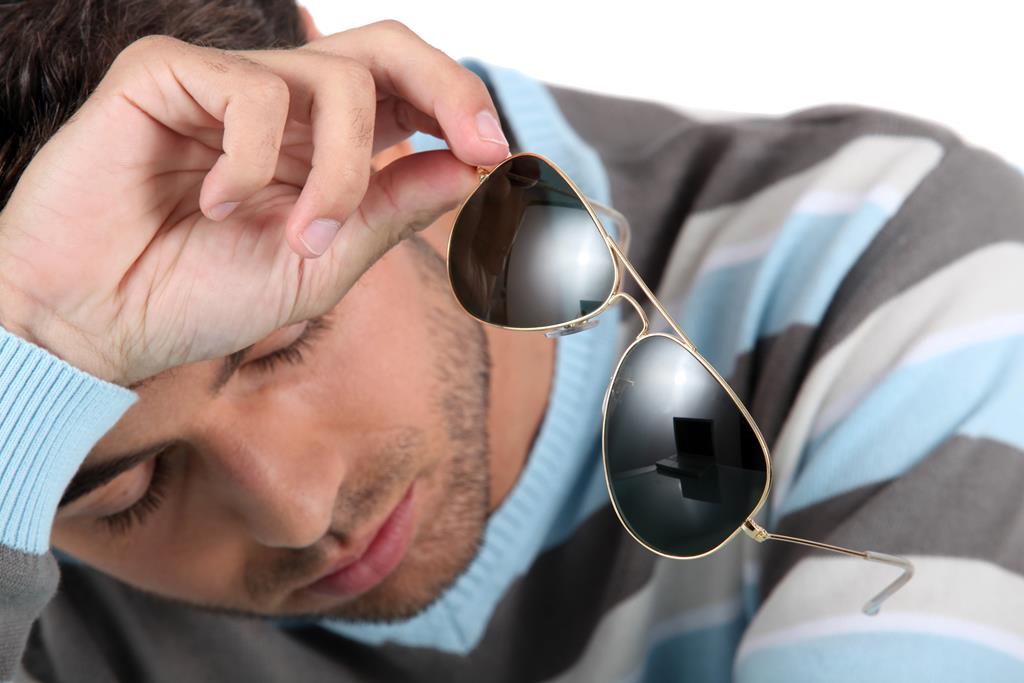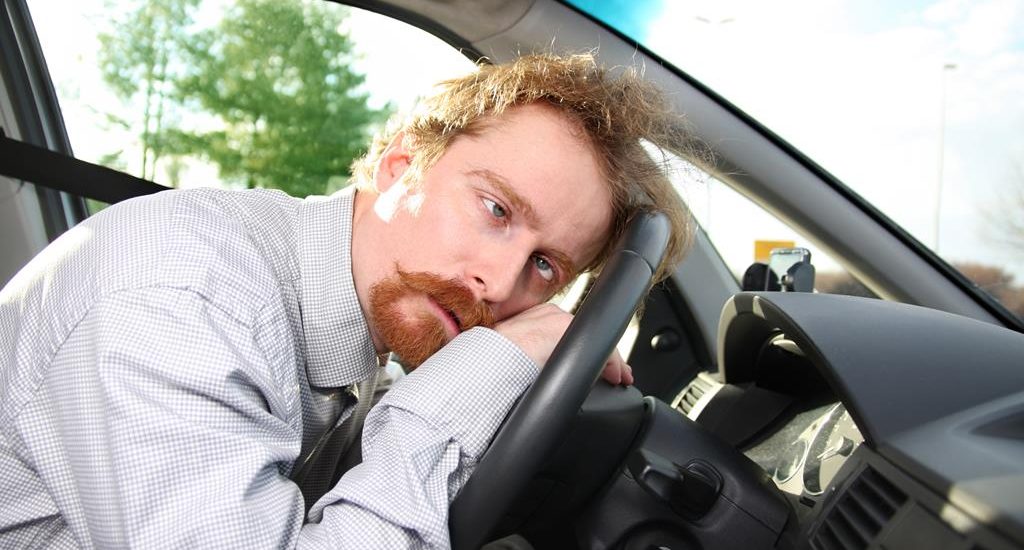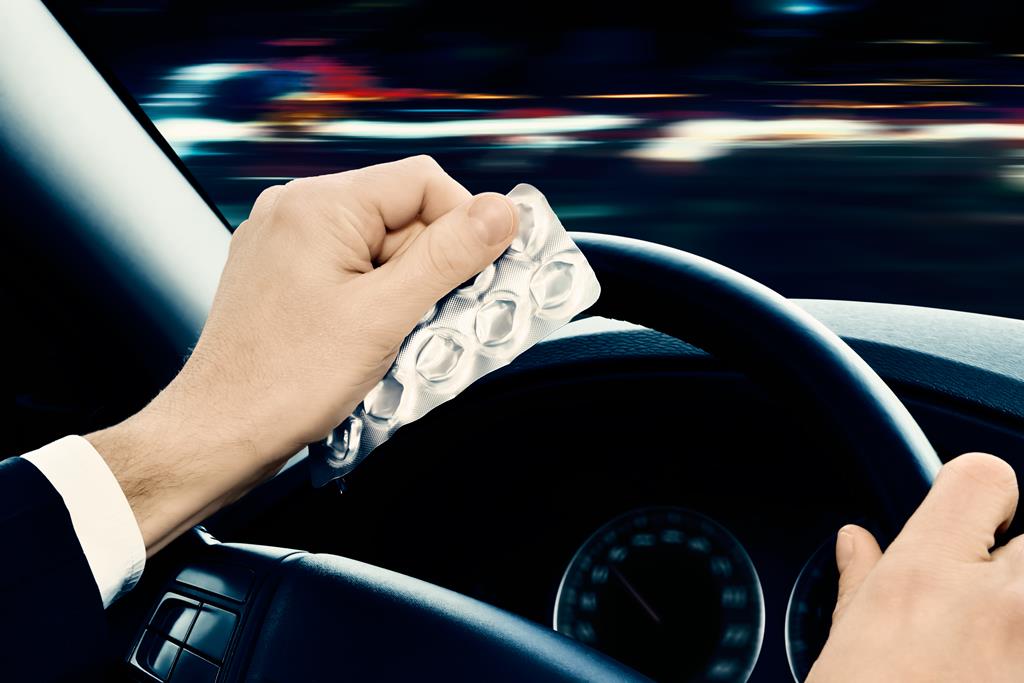Common Health Risks When Traveling by Car
Traveling exposes you to various health risks that can turn your dream trip into a nightmare. Even experienced travelers can fall victim to illness when they’re away from home. Fatigue, stress, and unfamiliar environments can weaken your immune system, making you more susceptible to:
- Food poisoning from contaminated meals
- Dehydration from inadequate fluid intake
- Heat stroke during summer road trips
- Cold and flu from air conditioning or climate changes
- Allergic reactions to new foods or environments
- Minor injuries from accidents or falls
Understanding these risks and knowing how to respond is crucial for any traveler. This comprehensive guide covers prevention strategies and essential first aid techniques to keep you and your travel companions safe on the road.
Essential Travel Health Prevention Tips
Pre-Trip Health Preparation
Proper preparation is your first line of defense against travel-related illness. Never embark on a long journey when you’re already exhausted, as fatigue significantly increases your vulnerability to infections and health complications.
- Get adequate sleep for at least one week before departure
- Start taking multivitamins two weeks before your trip
- Take antihistamines in advance if you have known allergies
- Begin adaptogen supplements for climate and time zone changes
- Stay physically active to boost your immune system
Immune System Support During Travel
Climate changes, altitude variations, and time zone shifts can weaken your body’s natural defenses. Support your immune system with these proven strategies:
- Take adaptogens regularly to increase body resistance
- Consume vitamin C-rich foods and drinks:
- Fresh oranges and citrus fruits
- Rosehip syrup
- Currant tea
- Rosebay leaf infusion
- Maintain proper hydration with water, not just tea and coffee
- Drink mineral water and natural juices for electrolyte balance
Food Safety and Hygiene While Traveling
Food-related illnesses are among the most common travel health issues. Follow these guidelines to minimize your risk:
- Avoid risky food sources:
- Questionable roadside diners
- Unwashed roadside fruits (watermelons, grapes)
- Street vendor food of uncertain quality
- Essential hygiene supplies:
- Antibacterial wet wipes
- Antiseptic hand sprays
- Hand sanitizer (like Dezavid “on the trip” — Дезавид “В дорогу”)
Remember: prevention is always better than treatment. These simple precautions can save you from serious health complications during your journey.
First Aid for Common Travel Health Issues
Treating Cold and Flu Symptoms
Don’t ignore early symptoms of illness. Address them immediately to prevent complications:
- For cold symptoms:
- Get adequate rest immediately
- Drink plenty of herbal tea with honey and lemon
- Gargle with warm salt water
- Use nasal drops for congestion
- For fever:
- Take antifebrile (fever-reducing) medications
- Use combined medications that dissolve in hot water
- Limit to maximum 4 doses per day
- Exercise extra caution when treating children
Heat Stroke Prevention and Treatment
Summer road trips without proper air conditioning can lead to dangerous heat stroke. Recognize these warning signs:
- Severe headaches or dizziness
- Blackouts or fainting spells
- Alternating sensations of heat and chills
Immediate treatment steps:
- Move the person to a shaded, cool area
- Loosen tight clothing (undo top buttons, waist zippers)
- Provide small sips of cool water
- Call emergency services if condition doesn’t improve
When to Seek Emergency Medical Help
Some symptoms require immediate professional medical attention. Never attempt self-treatment for:
- Severe stomach pain (especially in children)
- Chest pain or heart palpitations
- Sudden fainting (particularly dangerous for drivers)
- Severe vascular episodes
Important: Do not give painkillers for stomach pain, as they can mask serious conditions and potentially cause more harm.

Essential Travel First Aid Kit Medications
For minor injuries, cuts, scratches, and skin inflammation, these medications are essential for your travel first aid kit:
- Antibiotic ointments: Argosulfan (“Аргосульфан”), Levomekol (“Левомеколь”)
- General healing ointments: Zinc ointment, Tetracycline ointment
- Emergency healing products: “Rescuer” ointment (мазь “Спасатель”), “First aid” ointment (мазь “Скорая помощь”)
- Specialized treatments: Linimentum Synthomycini, Linimentum aloe, Baneocin
- Skin care products: “Panthoderm” (“Пантодерм”), “Boro plus” (“Боро-плюс”), Eplan (“Эплан”)
Safe Travels: Your Health is Your Priority
Remember that preparation and knowledge are your best tools for maintaining good health while traveling. By following these guidelines, you’ll be well-equipped to handle common travel health issues and ensure a safe, enjoyable journey for everyone.
Stay healthy, drive safely, and don’t forget to carry your International Driving Permit for international travel. Have a wonderful and safe trip!

Published November 06, 2017 • 4m to read






